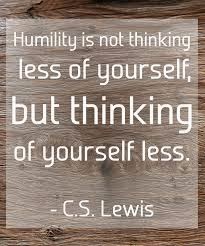For the weapons of our
warfare are not carnal but are mighty through God to the pulling down of strong
holds. 2 Corinthians 10:4 (KJV)
People
typically arm themselves for protection. Whenever the times arise, if they are not reluctant to use their weapon, they would also be considered dangerous. The Apostle Paul would have been
considered armed and dangerous, spiritually speaking - that is.
When
Paul, like all Christians, escaped the presence, penalty and power of sin, the
devil didn’t simply walk away, but sort opportunities to recapture him in sin. You may think that statement is a bit
dramatic or it gives too much credence to the devil. The truth is our enemy is subtle and manipulative. Yes, there are situations we attribute
to the devil, and he has nothing to do with it. However, the reverse is true as well – there are times when
the devil has everything to do with our situation, yet we fail to recognize,
rebuke or resist.
The
good news for us is that our weapons are mighty through God. Throughout 2 Corinthians, Paul
reassures us that God’s strength is more than sufficient in any situation
we may find ourselves. Our
weapons, which are not carnal but spiritual - consisting of praise, prayer,
fasting, truth, and much more – are only mighty because of God’s power, which allows us
to endure and triumph.
Today, remember that you are armed with weapons that are mighty through God. So let us not be reluctant to use them.



